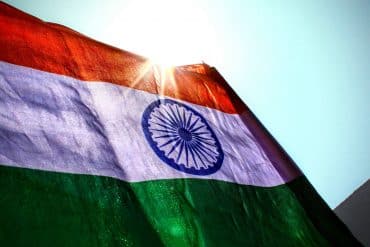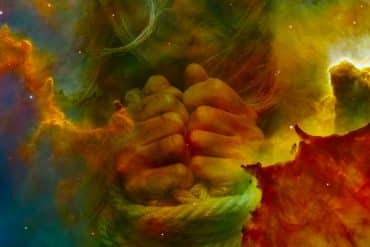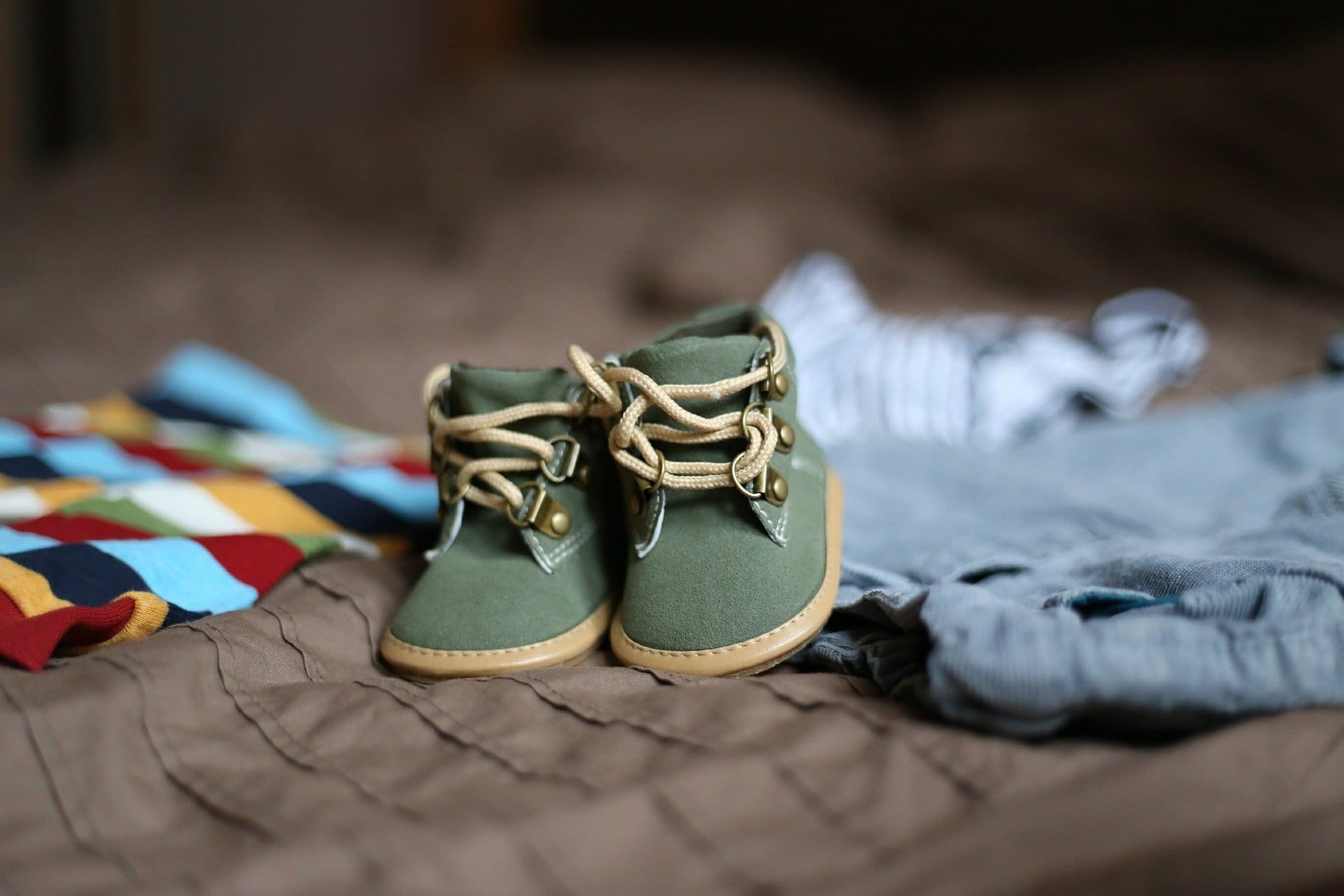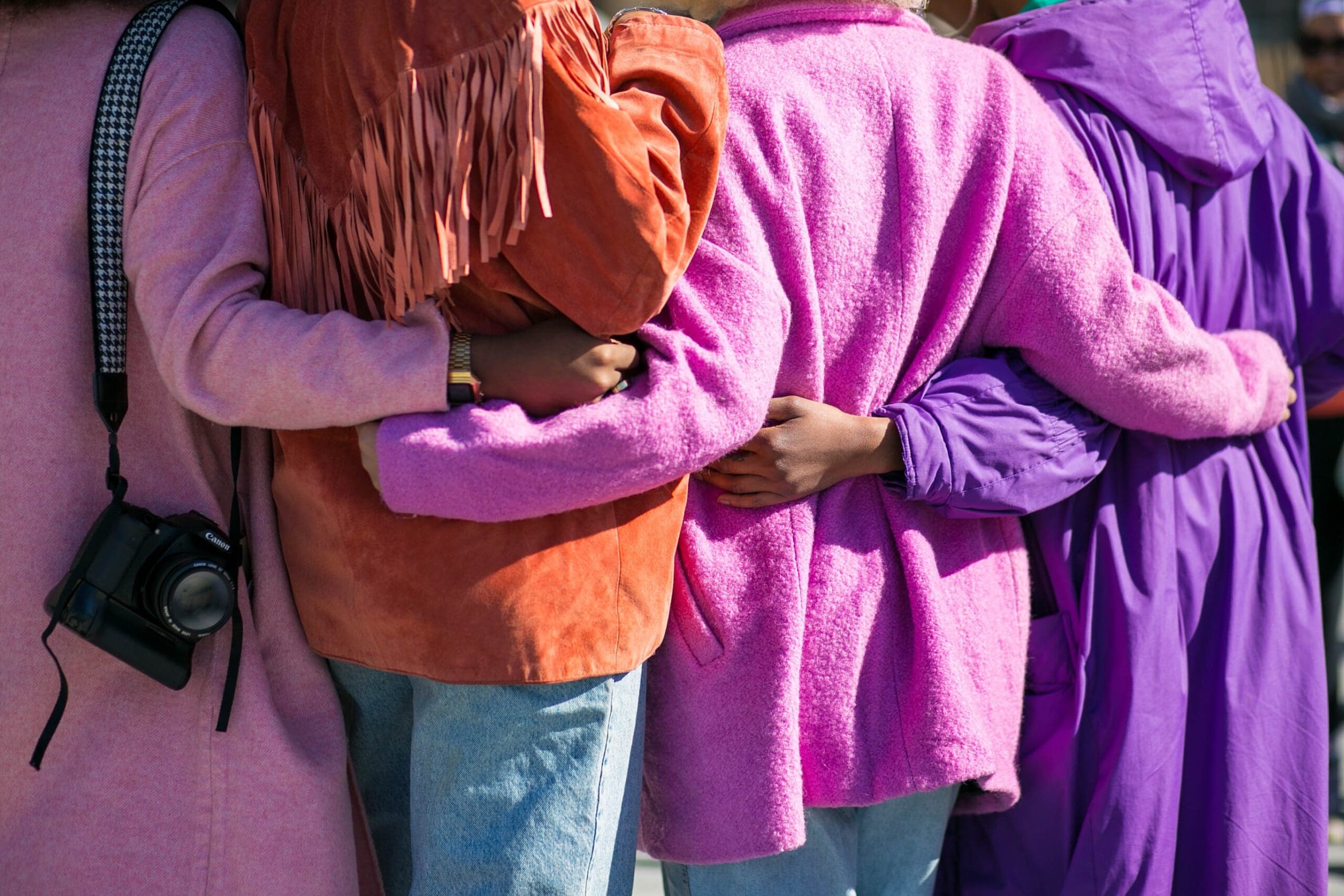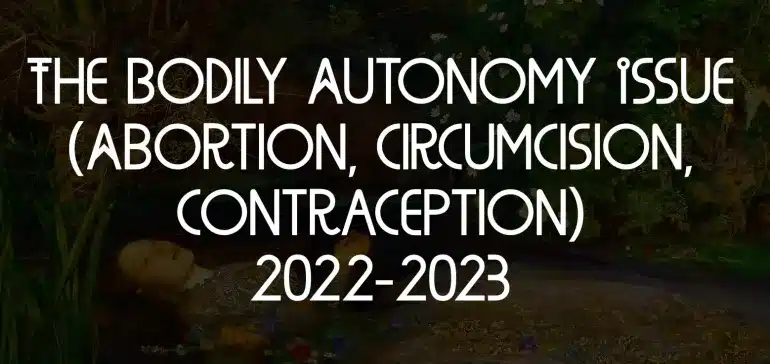Contraction: “A stranger held my hand and still, I think I love her”
Author’s Memo
I wrote this flash autoethnographic piece for an assignment in a writing workshop. They instructed us to write something in one long sentence. A tip they gave was to choose a moment that may have been difficult or even traumatic (if we didn’t feel is was retraumatizing to write about it). This kind of experience is one that lends itself to the feeling of holding our breath, which is also what a story with no pause because of a period can do. As is often the case with writing from a prompt, I surprised myself with what came out. I wrote about a surgical abortion that I had 6 years ago at 12 weeks pregnant. This was a topic I had written about before (though not for publication), but in this story I shifted my attention to the young woman – she could have been a nurse or a volunteer, I never knew – who sat beside me and held my hand throughout the procedure. Her act, along with this story, was an attempt to not make me feel so alone during this experience. Up until one week prior to the abortion, I had planned on having the baby. Already, I had a 6-year old son who I have raised without his father. So, I knew what motherhood was, it’s challenges and joys. While it was a heart-wrenching experience and I still carry this loss with me, I don’t regret the abortion, but consider it one of the best decisions I have made. Though, I know well that this is not the case with all abortions that women have.
‘Above all, this story is a work of gratitude for the woman who supported me during the procedure.
This story is autoethnographic because it upends the trust that we have been taught to have in birth control. If a woman with a uterus has sex with a man, there is always a risk of pregnancy. This story shows one way of becoming pregnant in an unplanned way, even after I had vowed never to get pregnant again unless it was by choice. And even after I tried to prevent it in the way that I knew back then. In this story, I was deep into a relationship where, looking back, I should have said ‘no’ long before the relationship got to the point of pregnancy. I had become numb to the circumstances in my life. It was almost as if my body was willing me to be decisive and claim agency over my own body, willing me back to life by having to make a life altering decision. We’re pregnant. Now, are you going to make a choice? By not getting the abortion, I would have made a choice. By getting the abortion, I made a choice. I am grateful to have had this choice. Living in Canada enabled this choice, a country with legalized abortion. Living near a major city and the full support from my immediate family made it easier. I had easier access to abortion than many other women living in Canada like women who live in remote regions or without transportation to abortion clinics. There are also many women who have made this choice in secret, not able to share their circumstances with anyone because of judgement or shame.
If only women were trusted with their own bodies, we would have an easier time trusting in ourselves.
Above all, this story is a work of gratitude for the woman who supported me during the procedure. Who are these women who volunteer for a job like this? There are many women who choose to support other women in claiming body autonomy. The community aspect of this is invaluable. Through major physical changes in my life and times of choice, which include pregnancy and motherhood, I have learned again and again that another woman’s support or wisdom is life-saving. The woman holding my hand diffused some of the shame that was in me from the unplanned pregnancy and abortion. When I have considered it since, it was an act of showing me that she trusted me and supported me to make this choice for my own body. The fact that someone who didn’t even know me would choose to sit with me in such a non-judgmental way was a gift. If only women were trusted with their own bodies, we would have an easier time trusting in ourselves.
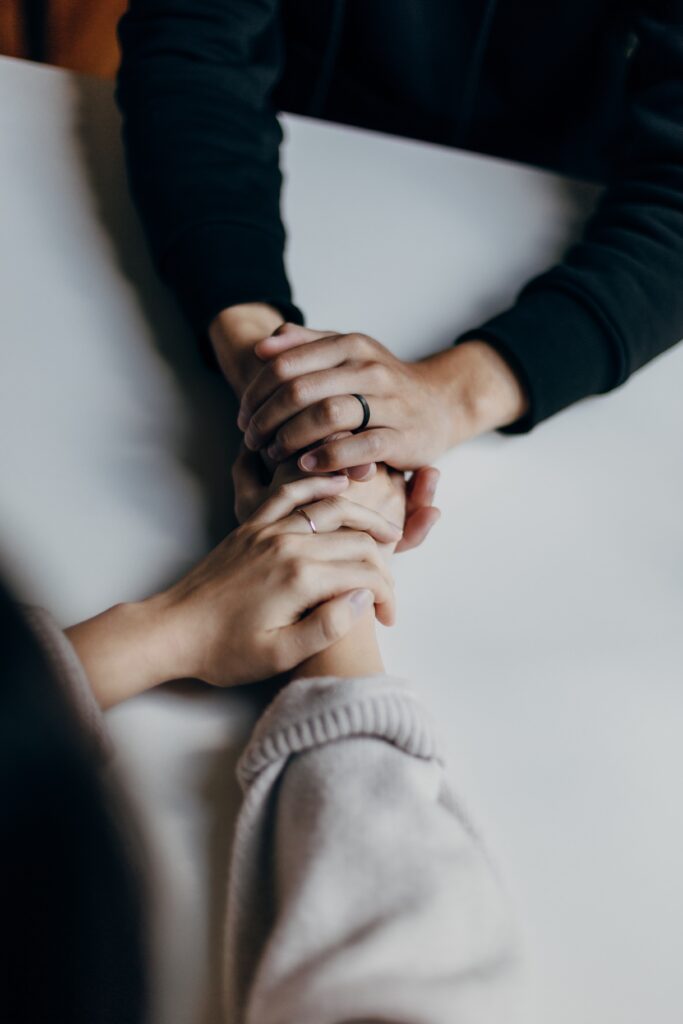
Contraction: “A Stranger Held My Hand and Still, I Think I Love Her”
A stranger held my hand and still, I think I love her – a woman who could have been a nurse or a volunteer, who was young and pretty, but now I would not recognize her face, one of someone who knew how to hold my hand, firm yet willing to let go should I indicate that I wanted to her to do so, who held my hand as I lay reclined in a hospital bed, sheet over my splayed knees (a failed attempt to give me decency as the surgeon pried open my uterus and scraped out the contents of the most interior accessible part of me) while I was surprised at how much the painkillers didn’t help and almost crushed her hand involuntarily – I wasn’t supposed to get pregnant, not again, not unless it was my choice, not with a copper coil that for some unknown reason was supposed to make my womb unfit for another life, not with him, who I felt sorry for even though he had just asked me, in a way that was a statement rather than a question, why I had no friends, even though he called me cold and emotionless, even though, he said, I would never find someone better than him, even though he came to my house high and left the cocaine sitting on the kitchen table for my son to find in the morning and blamed it on his parents not loving him, even though the last time we had sex was worse than the scraping that seared through my body because then I felt nothing and he didn’t even notice, even though during the year after the breakup I continued to find full and empty beer cans and bottles around my yard, under the deck and the play structure, in the back shed, in the plastic compost barrel with broken eggshells from 2008, even though I should have said ‘no’ before any of this – even though all that, I considered having the baby but, I didn’t, although, she didn’t need to know all that, but somehow she knew what I needed, like staying with me without speaking, breathing beside me, choosing, like me, to be there and letting go of my hand when I let go of hers and telling me after it was all over that it was okay to bleed for a week or two, and that it was okay to feel sad and also relieved – she knew not to ask me if I was okay (what a stupid question), the woman sitting beside me, who may have told me her name, helped me cover up my body again and took me to another room with a row of pleather reclining chairs, gave me a package of shortbread cookies and a box of apple juice to help me out of my warm woozy stupor, and then she placed her palm on the back of my hand, wrapped her fingers around my fingers, held me one more time, then let go.
Credits
Featured Image of four women supporting each other by Vonecia Carswell for Unsplash
Image of two women holding hands to support each other By Priscilla du Preez for Unsplash
Learn More
New to autoethnography? Visit What Is Autoethnography? How Can I Learn More? to learn about autoethnographic writing and expressive arts. Interested in contributing? Then, view our editorial board’s What Do Editors Look for When Reviewing Evocative Autoethnographic Work?. Accordingly, check out our Submissions page. View Our Team in order to learn about our editorial board. Please see our Work with Us page to learn about volunteering at The AutoEthnographer. Visit Scholarships to learn about our annual student scholarship competition.
Jessie Carson lives in Almonte, Ontario, Canada. She is a writer, a reader, a teacher and the mother of three boys. Her writing is most often an inquiry into the themes of motherhood, loss, and how stories live in the body and through generations.


